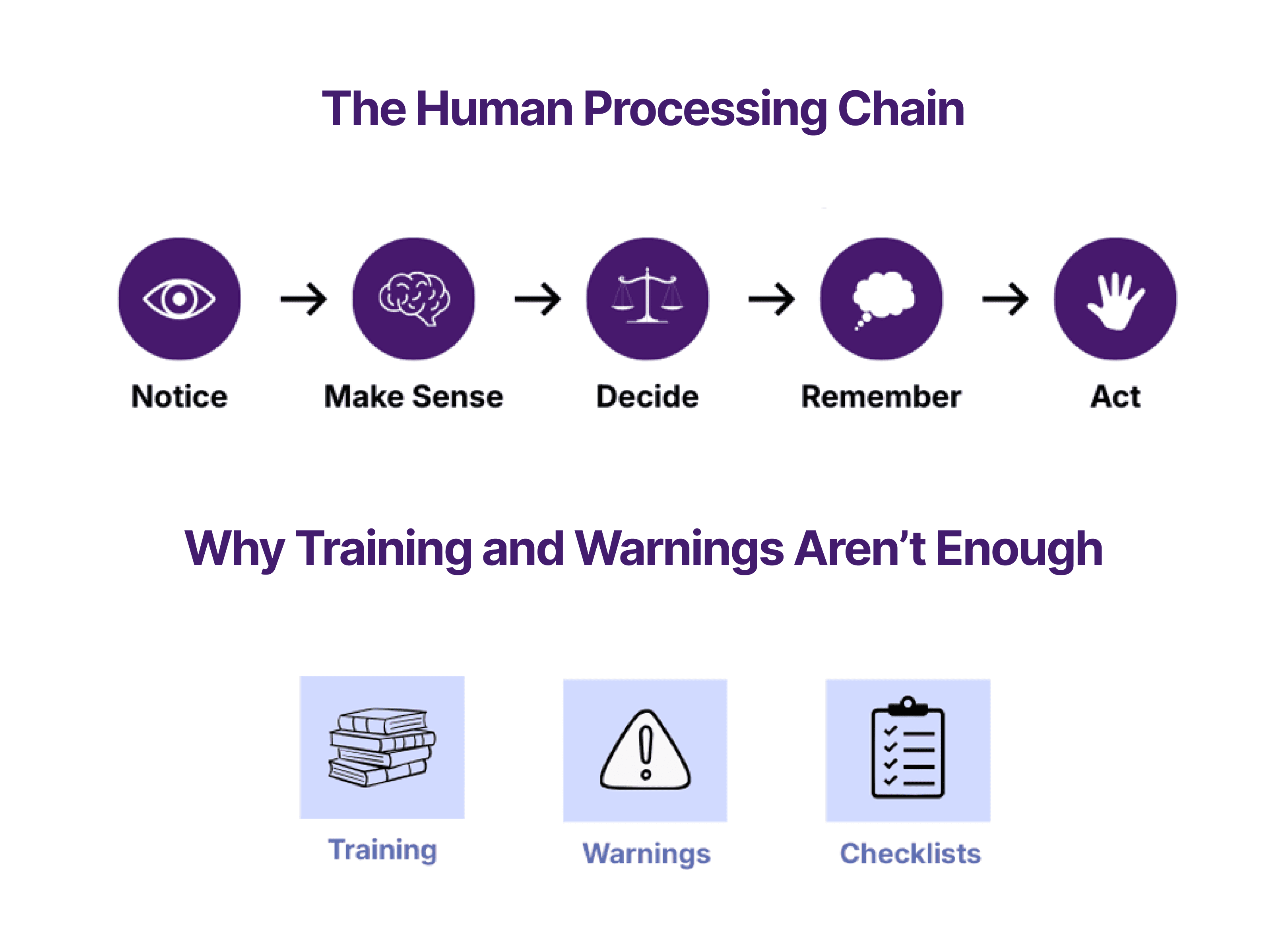Getting to the Heart of Medical Device Design: Why Understanding Lived Experiences Matters
Dec 4, 2024
When it comes to medical device design and development, the need to ensure devices work as intended and are easy to use is only a part of the story. Medical devices are not used in a void or vacuum but form a part of a person’s social, emotional and environmental existence. With this in mind, when considering device designs, it is crucial that we understand the interplay between the physical device and the complexities of a person’s lived experience.
That’s where early-stage exploratory research fits in. Missing this important stage of research risks designing ‘blind’, creating what we think should be created rather than creating for true need and fit with life.
Moving Beyond Basic Device Testing
In a standout project, we explored injection device preferences among people living with HIV. What made this work special wasn't just gathering feedback on device features and handling preferences – it was our team’s ability to understand the journey people with HIV had experienced since diagnosis, and how past and present experiences and influences impact on their injection device wants and needs. Through in-depth face to face interviews, set in a home from home environment, our specialist team were able to expose and unpick the many considerations that drive device preference, to ensure that devices are developed in a way that encourage people to not only use their device as intended, but which also facilitate practical and emotional comfort and ease.
Creating the Right Research Environment
Our environment effects how we feel and what we say, and our team take huge pride (and time!) designing their study environment. Of course, the ideal often is to conduct our research in the field, in people’s homes for example – a familiar environment that tends to trigger some of the most context-based, honest and raw insights. However, at times, there’s a need conduct research at one of our specialist research facilities. Recently, our creativity led us to set-up our research room as a children’s play areas – soft lighting, playfully designed curtains, children’s music playing in the backgrounds, as well as a few teddies thrown in for good measure. What could have been a stark, alien and slightly intimidating environment for the 5 year olds we were speaking with, instead, turned out to be a welcoming, warm and familiar environment, which allowed the children to express themselves with ease and truth. Of course, the research doesn’t just begin when the interview starts, but begins from the moment we start searching for people to take part in our studies. That’s were our specialist recruiters come in to action, with an approach and tone that resonates with the study population, empowering people with the necessary insight and freedom to choose to take part in our research. Some of the best study insights come from talking to people who actually want to be there, to share their views and experiences, and that’s always our goal.
Asking the right questions, the right way
Interview and focus group moderation, to name just two approaches, involve more than just asking questions. Our approach to research sessions is dynamic and driven, employing techniques that facilitate open, honest and in-depth discussions. It goes without saying that no two participants are the same, and that’s why the way we moderate is always tailored to accommodate individual needs and capabilities, which in turn enable participants to provide rich and meaningful insights. Our team of researchers have a broad range of experience conducting research, both within the field of medical devices and, often, beyond. Their vast and varied experience gives them the confidence, know-how and worldliness to skilfully moderate any session, regardless of therapy area, level of sensitivity or type of participant.
Our approach speaks for itself, creating the perfect ingredients for optimal research regardless of device, therapy area, participant or market. Our appreciation of the importance of understanding lived experiences, combined with our technical expertise, helps our clients create medical devices that truly serve their users.
Want to learn more about how our Market Insights services can help your medical device development journey? Contact Us to discuss how we can support your next project.







